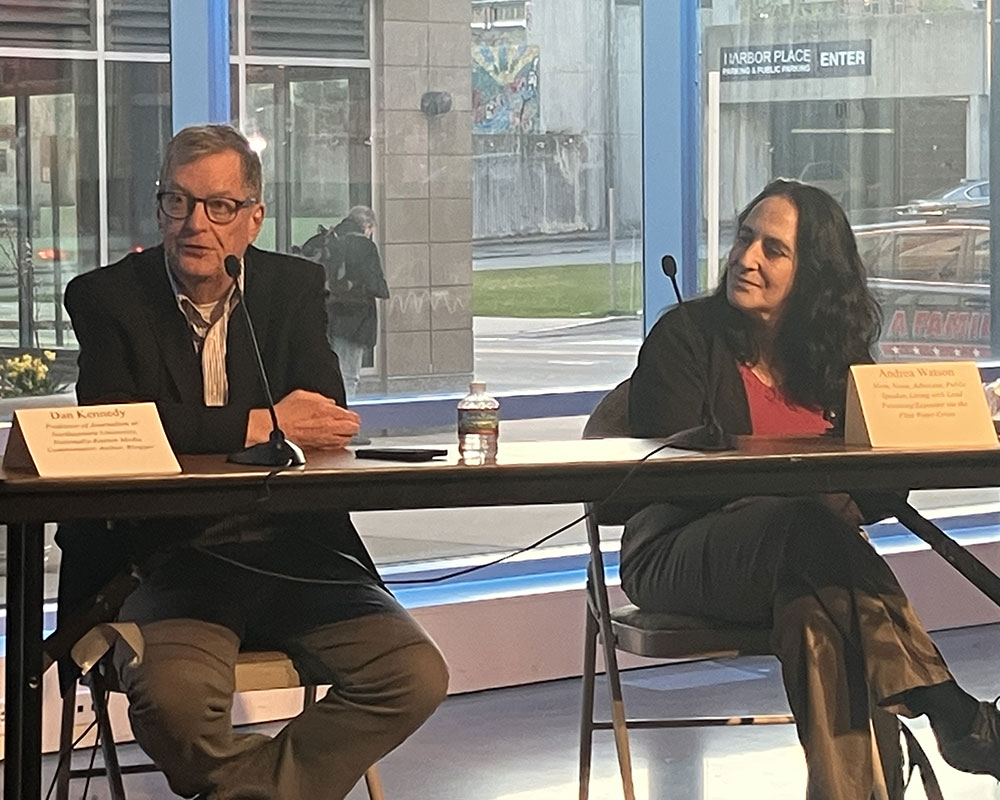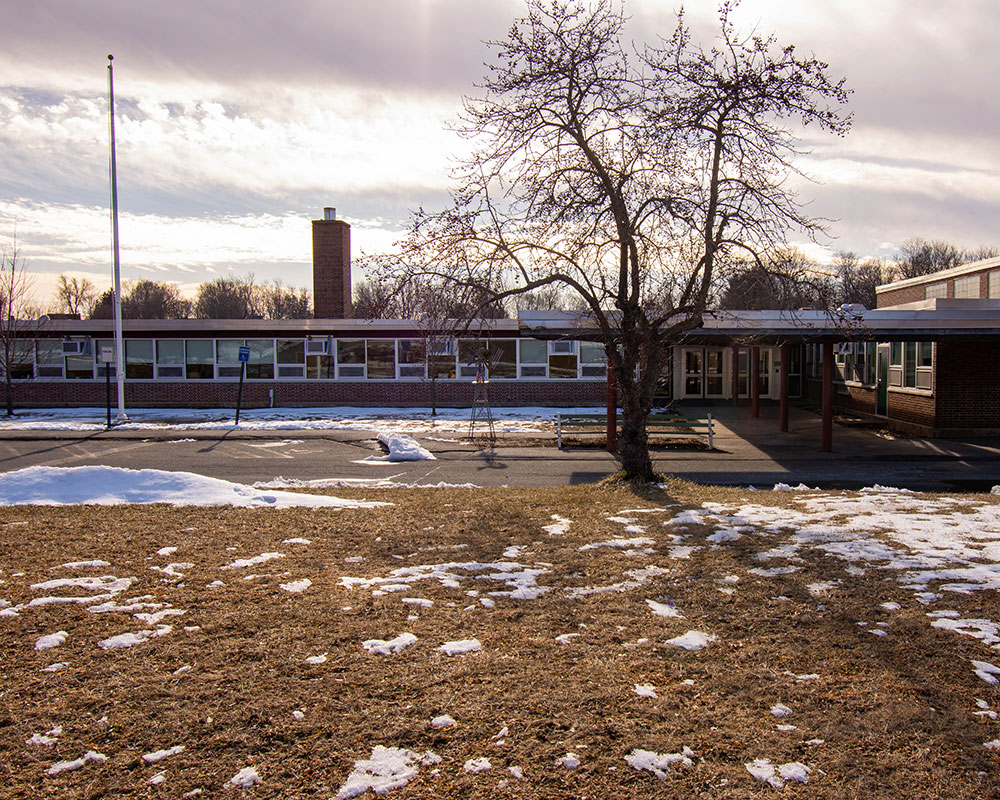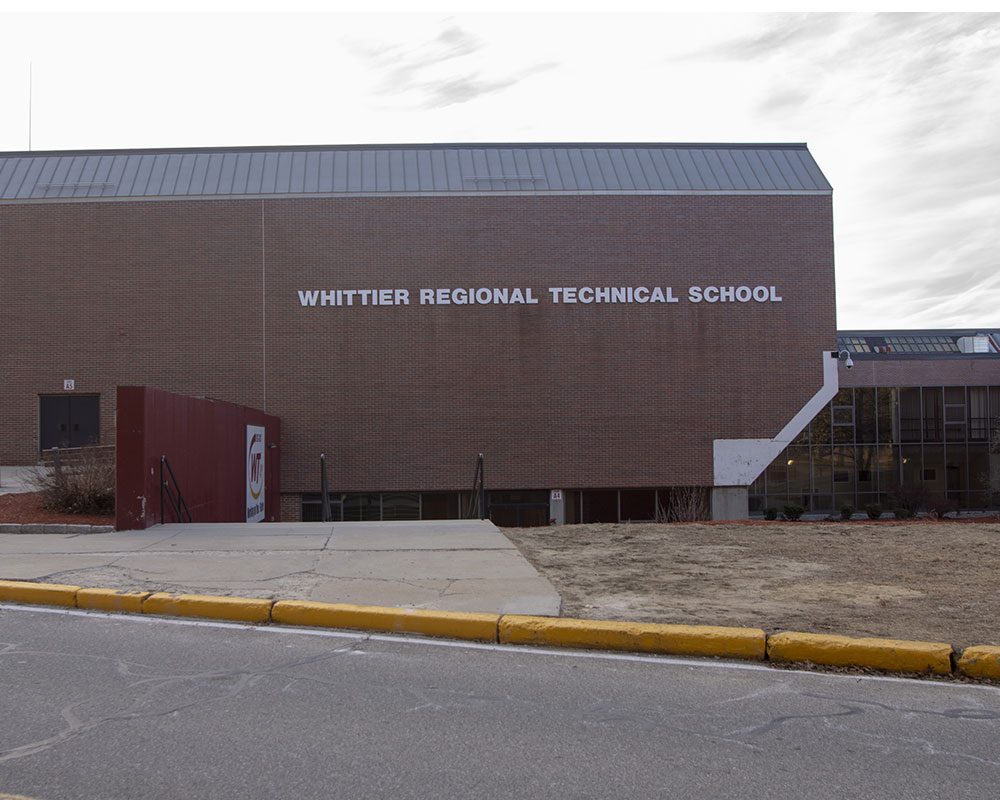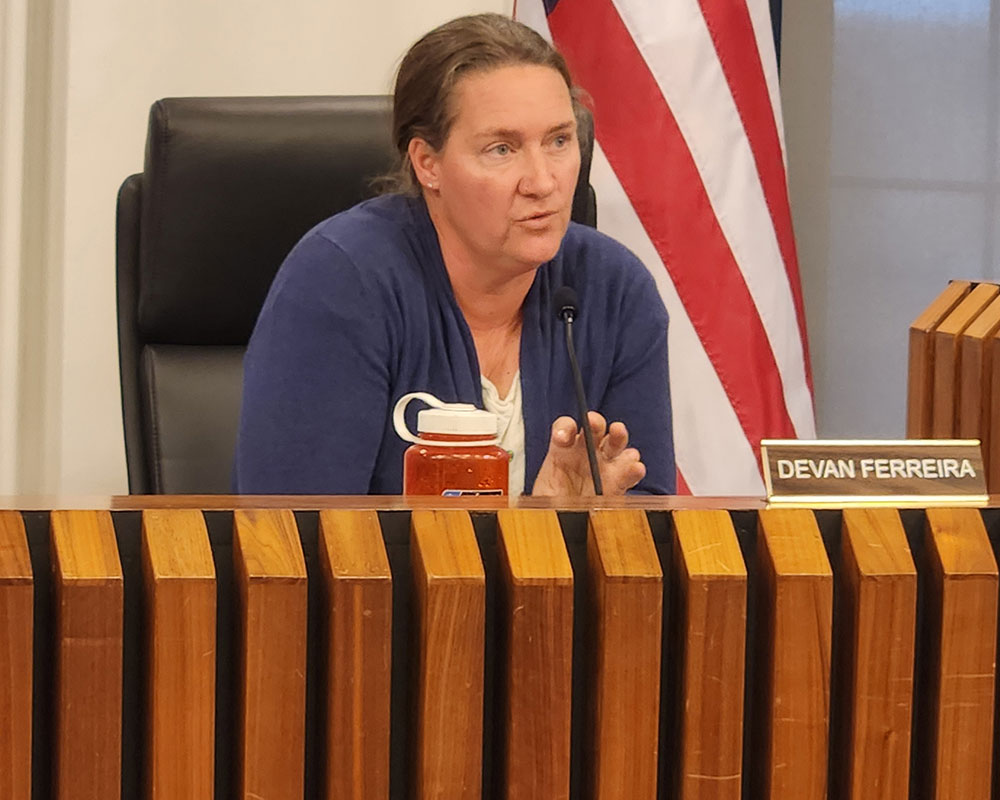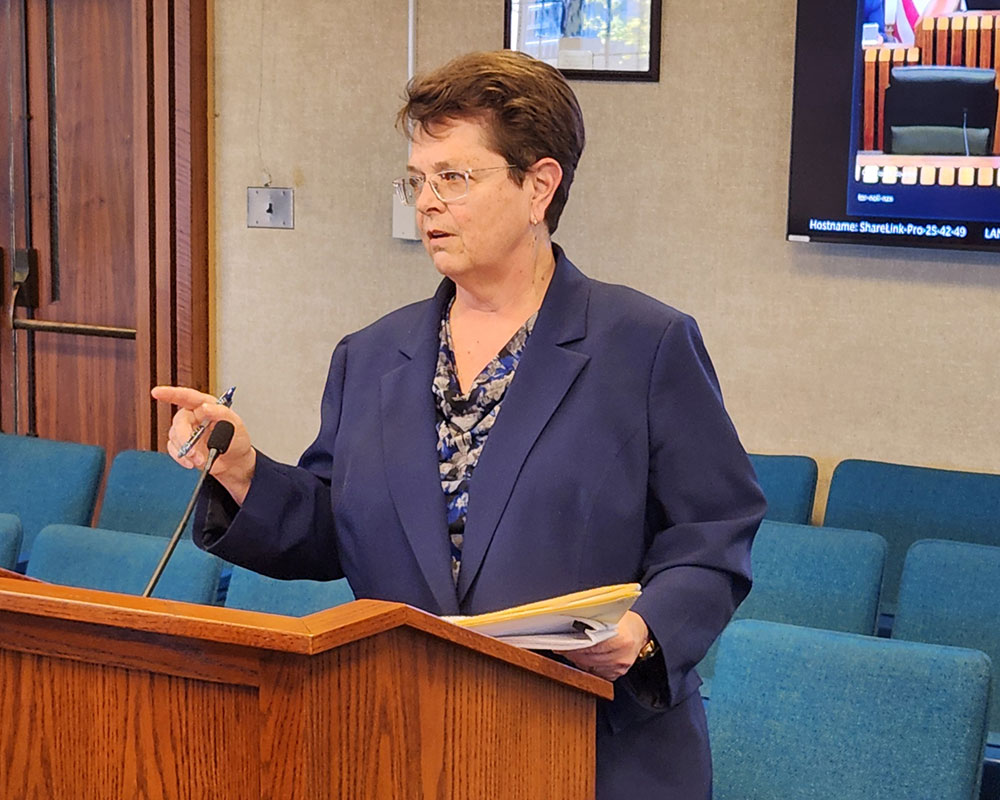Haverhill
Haverhill Mayor and Council Will Share Official Authority to Appoint Outside Lawyer
|
After city councilors expressed concern a new ordinance would reduce their powers, the mayor agreed to share the authority to appoint outside legal counsel with the body. Councilor Colin F. LePage and Council Vice President Timothy J. Jordan requested the ability be explicitly granted at a subcommittee meeting last week, while councilor Melissa J. Lewandowski said the change was unnecessary because the ordinance already grants the council sufficient rights, which she also raised earlier this month, as WHAV reported. City Solicitor Lisa L. Mead, who drafted the ordinance and Mayor Melinda E. Barrett made similar points. Jordan said, “In my six plus years on the council, I was always led to believe that it was the mayor [who] had all of that authority and the rule we’re looking to change, makes it read like the council actually had the authority to get outside council. At least on a couple occasions when I was on the council, myself and others wished to get an outside opinion and we were told we could not.”
Councilor Shaun P. Toohey noting a precaution against potential mayoral overreach, reassured the mayor, “I don’t think it’s about you.”
Barrett responded, “I know.

